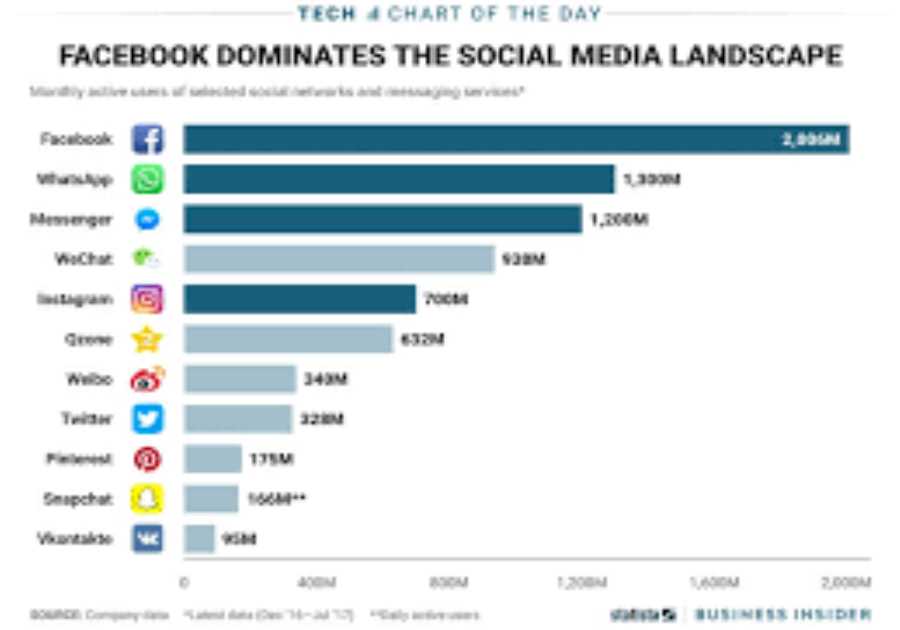
In an industry where trust is paramount, healthcare providers walk a fine line between managing their online reputation and maintaining transparency. As patients increasingly rely on online reviews to make decisions about their health and well-being, the stakes for what’s posted online—good or bad—are incredibly high. This has led to the rise of Healthcare Reputation Management services, like those offered by Dignified Online, that specialize in helping providers protect their image in an ethical, effective way.
But one question continues to loom large: Is it ethical to suppress negative reviews in healthcare?
The Digital First Impression
Before diving into ethics, it’s important to understand the role that online reviews play in today’s healthcare landscape. According to a BrightLocal survey, 87% of consumers read online reviews for local businesses in 2023, and healthcare is one of the most reviewed sectors. Whether a patient had a negative billing experience or a life-saving surgery, they now have a platform to share it—often within minutes of leaving a facility.
That review becomes a public record—one that may influence countless other potential patients. This puts immense pressure on healthcare providers to maintain a positive online presence, often leading them to seek Healthcare Reputation Management firms like Dignified Online for assistance.
What Does “Suppression” Really Mean?
In the world of reputation management, “suppression” doesn’t mean deleting or censoring reviews. In fact, that’s often not even possible. Most platforms like Google and Healthgrades don’t allow removal of reviews unless they violate content guidelines (e.g., are fraudulent, contain hate speech, or breach privacy laws).
Instead, suppression usually involves:
SEO techniques to push down negative search results Content creation (e.g., blog posts, press releases, patient success stories) to dominate the first page of Google Soliciting positive reviews to outweigh the negative Filing legitimate removal requests for false or defamatory contentDignified Online uses these strategies responsibly, aiming not to “erase” the truth but to give a fuller, more accurate picture of a provider’s quality and performance.
Where Ethics Enter the Equation
Healthcare is not just another industry. It deals with sensitive issues, personal stories, and often life-or-death consequences. As such, ethical considerations around suppressing negative content are significantly more nuanced.
Let’s explore both sides:
The Case For Suppression
Protecting Providers from Unfair Harm Healthcare professionals are increasingly the targets of malicious, exaggerated, or outright false reviews. A single bad-faith review can drastically skew a provider’s reputation. Ethical Healthcare Reputation Management, like that provided by Dignified Online, helps restore balance to the narrative. Preventing Misinformation Not all negative reviews are accurate or fair. Some may stem from misunderstandings, insurance issues, or emotional responses to bad news—none of which necessarily reflect poor care. Allowing misleading content to dominate search results can misinform future patients. Promoting Constructive Dialogue Responsible suppression doesn’t silence criticism; it promotes dialogue. Many firms, including Dignified Online, help providers respond to negative reviews in a compassionate and professional way, demonstrating a commitment to improvement rather than denial. Protecting Staff Well-being Frontline healthcare workers face incredible stress. Public shaming and online harassment can contribute to burnout and mental health issues. Ethical suppression strategies help shield healthcare teams from unjustified personal attacks.The Case Against Suppression
Transparency is Critical in Healthcare Patients deserve to know both the strengths and weaknesses of their healthcare options. Over-sanitizing a provider’s online presence can create unrealistic expectations and undermine trust if patients feel misled. Constructive Criticism Can Drive Improvement Negative feedback—when accurate—can highlight areas for improvement. Suppressing this feedback entirely may delay much-needed change in internal processes or patient communication. Slippery Slope Toward Censorship Even when done with good intentions, suppression can venture into ethically gray territory. There’s a risk that providers may start using reputation management as a shield against all criticism, not just unfair attacks.So, What’s the Ethical Path Forward?
Ethics in Healthcare Reputation Management comes down to intenttransparency, and balance.
Here’s how Dignified Online approaches it:
Review Validation First: Before taking any suppression actions, they help clients evaluate whether the review is factual, fair, and within the platform’s guidelines. Emphasis on Patient Dialogue: Encouraging healthcare providers to respond to negative reviews with empathy and professionalism, rather than ignoring or dismissing them. Ethical Content Strategy: Rather than hiding behind fake reviews or black-hat SEO tactics, Dignified Online uses legitimate strategies like publishing helpful medical content, case studies, and positive patient testimonials. Suppression Only as a Last Resort: Suppression strategies are used only when reviews are misleading, malicious, or do not meet platform standards—not as a default response to all negativity.Real-World Scenario
Consider a fertility clinic that received a scathing review from a patient who misunderstood a standard medical risk. The clinic’s reputation suffered despite having a long track record of success. Dignified Online worked with them to ethically counter the impact:
They published a series of educational blog posts about fertility risks Encouraged other satisfied patients to leave honest reviews Submitted a factual appeal to the platform for removal of false claimsThe result wasn’t censorship—it was context.
Why Intent Matters Most
At its core, the ethics of suppressing negative reviews in healthcare boils down to intent. Are you trying to deceive the public, or are you trying to ensure that your digital reputation accurately reflects the care you provide?
When done with transparency, professionalism, and a commitment to ethical practices, Healthcare Reputation Management is not just ethical—it’s essential. It ensures that quality care isn’t buried under biased or unfair critiques, and it gives patients a more complete view of their options.
Final Thoughts
Healthcare providers are held to high standards—and rightly so. But when it comes to online reputation, the system isn’t always fair. The internet gives everyone a voice, but not all voices speak the truth.
Dignified Online exists to help healthcare professionals navigate this complex terrain with integrity. Their approach to Healthcare Reputation Management respects both the provider and the patient, creating a more honest, balanced, and ethical online ecosystem.
The post The Ethics of Suppressing Negative Reviews in Healthcare appeared first on Social Media Explorer.
Did you miss our previous article...
https://socialmediaamplification.com/social-media-analysis/florida-road-safety-report-the-counties-with-the-highest-crash-risks






